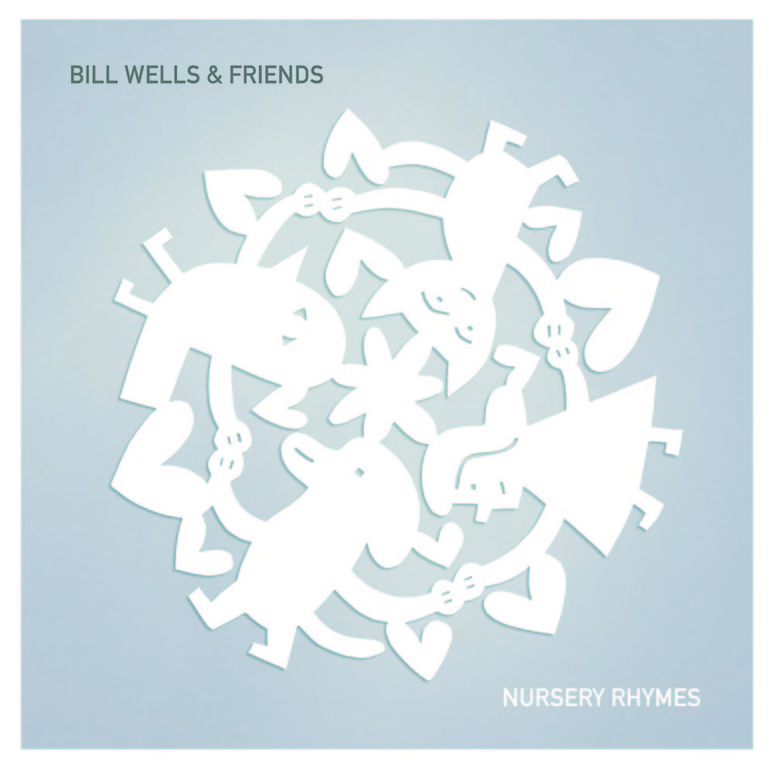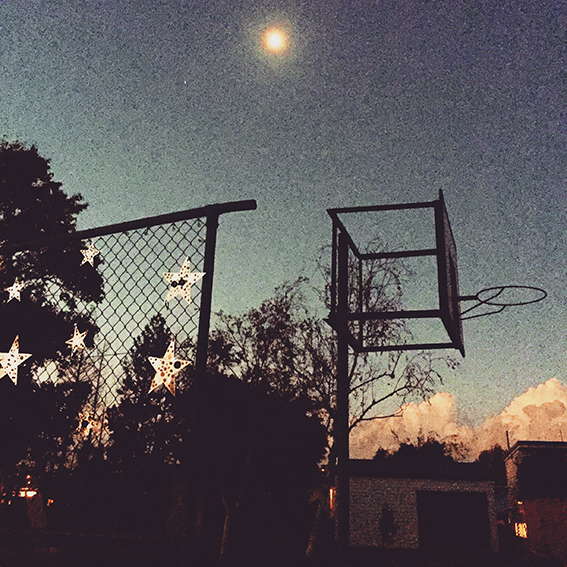Lubomyr Melnyk makes some big claims about himself. He says he invented his style of piano playing, which he calls 'continuous piano music' – a rolling flood of notes which eludes precise definition (even by Melnyk himself) but which he has called 'the very soul of the piano, a universe of beauty'. He also reckons this makes him the fastest piano player in the world. And he often opens his gigs by openly promising his audience that they’ll be astonished by what they’re about to hear.
All of this might make him sound like a singular sort of guy, not given to collaboration – but some the finest moments of his recent career have found him working in partnership with others. On his last tour, he worked with a painter who improvised artwork to the sounds of the piano; on his last album he brought voice into his work right at the top of the album. And on his newest collection Rivers and Streams, it’s a duet with guitar which arguably steals the show – notes sliding and gliding across one another in a smooth and seamless texture. ‘Ripples In A Water Scene’ indeed. For someone known primarily as a solo performer, it’s exciting to hear Melnyk continue to expand his horizons.
But indeed, Rivers and Streams is mainly business as usual for Melnyk, performing piano to rapturous effect, and it’s none the weaker for it. Sure, it’s largely what we’ve heard from him before, but makes a good job of gathering together his strengths in one place. Longform pieces like ‘The Pool Of Memories’ are a little more melodically defined than his default form of rolling texture, but without spilling into the outright prettiness of something like ‘Butterflies’ from his last year’s EP. Working to his standard ten minute stretches, Melnyk is as impressive and immersive as ever, brilliant at fanning out his notes further and further as he goes, adding subtle new layers just as you think he’s hit his final plateau.
Sadly, the final 20-minute-suite sees collaboration fail him slightly. Building from his bedrock piano, he slathers on rasping horns and incidental sounds which sound like they were taken from different sessions altogether. Obtrusively high in the mix, sounding completely unnatural, it creates an unnecessary distraction rather than a rich addition. But of course, the blunder isn’t enough to actually spoil the piece, and Melnyk certainly knows how to end a set on an expressive note of drama and beauty – the piano rolls of its final sections building to a powerful climax. In all, Rivers and Streams confirms that Melnyk is quite right to make the big claims of himself which he does.
-
7Russell Warfield's Score






















